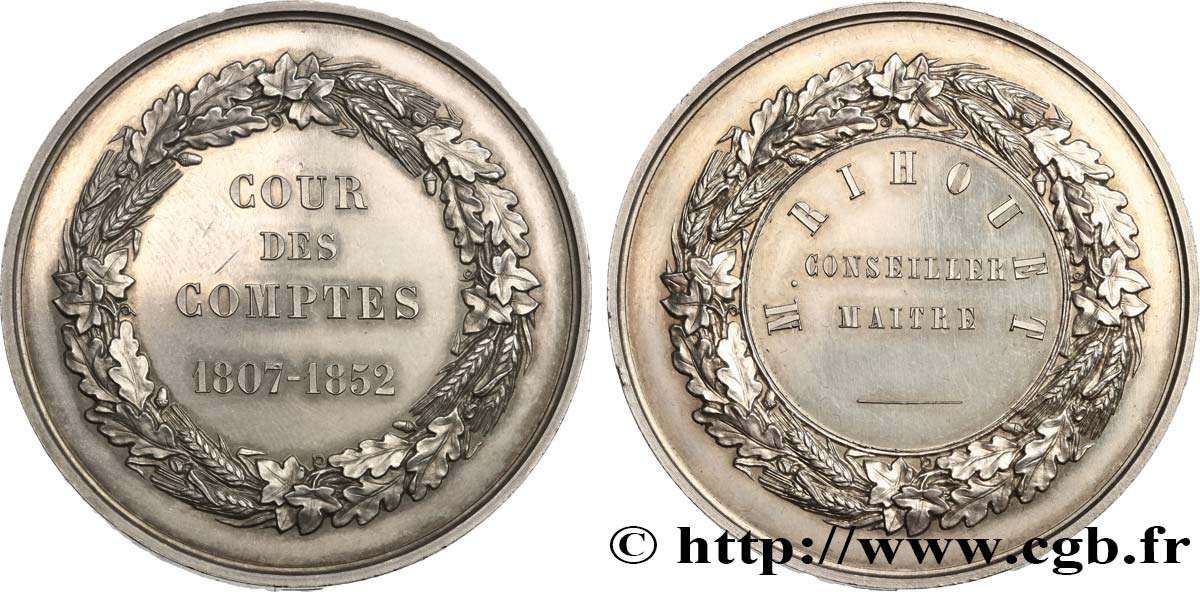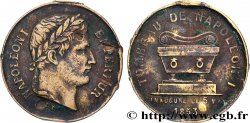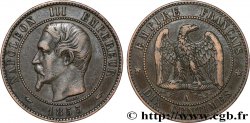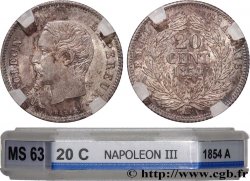fme_584542 - SECOND EMPIRE Médaille, Cour des comptes, Conseiller maître
Not available.
Item sold on our e-shop (2021)
Price : 280.00 €
Item sold on our e-shop (2021)
Price : 280.00 €
Type : Médaille, Cour des comptes, Conseiller maître
Date: n.d.
Mint name / Town : 75 - Paris
Metal : silver
Diameter : 50,5 mm
Orientation dies : 12 h.
Weight : 66,17 g.
Edge : lisse + abeille ARGENT
Puncheon : abeille ARGENT
Coments on the condition:
Cette médaille est frappée sur un flan régulier. Exemplaire ayant conservé une partie de son brillant de frappe malgré des frottements au revers. D’infimes petits chocs sur la tranche. Présence de quelques rayures
Obverse
Obverse legend : COUR / DES / COMPTES / 1807-1852.
Obverse description : en 4 lignes dans une couronne végétale composée de blé, raisin, chêne, laurier.
Reverse
Reverse legend : M. RIHOUET / CONSEILLER / MAÎTRE.
Reverse description : Légende circulaire et en 2 lignes dans une couronne végétale composée de blé, feuille de vigne, chêne et laurier.
Commentary
Médaille attribuée à M. Rihouet, conseiller maître de la Cour des comptes. Il doit probablement s’agir de Jean Philippe Frédéric Rihouet (1795-1882) qui fut Aspirant le 1er février 1819, conseiller référendaire de 2ème classe le 4 mars 1827, Conseiller référendaire de 1ère classe le 21 mars 1835, membre de la commission de vérification des comptes ministériels pour 1836, 1837 et 1854, Conseiller maître le 1er décembre 1841, honoraire le 28/ février 1870. Grand officier de la Légion d’honneur
cf. https://www.ccomptes.fr/fr/biographies/rihouet-jean-philippe-frederic.
cf. https://www.ccomptes.fr/fr/biographies/rihouet-jean-philippe-frederic.








 Report a mistake
Report a mistake Print the page
Print the page Share my selection
Share my selection Ask a question
Ask a question Consign / sell
Consign / sell
 Full data
Full data










